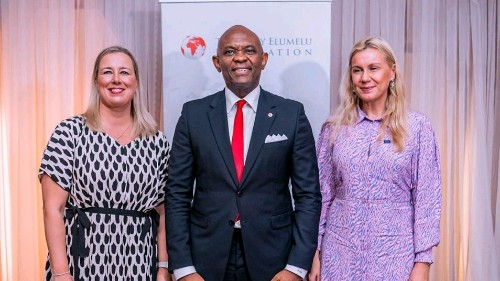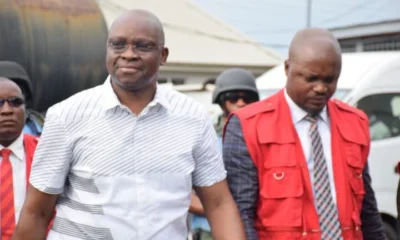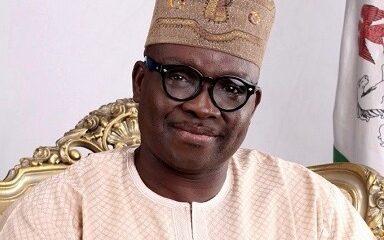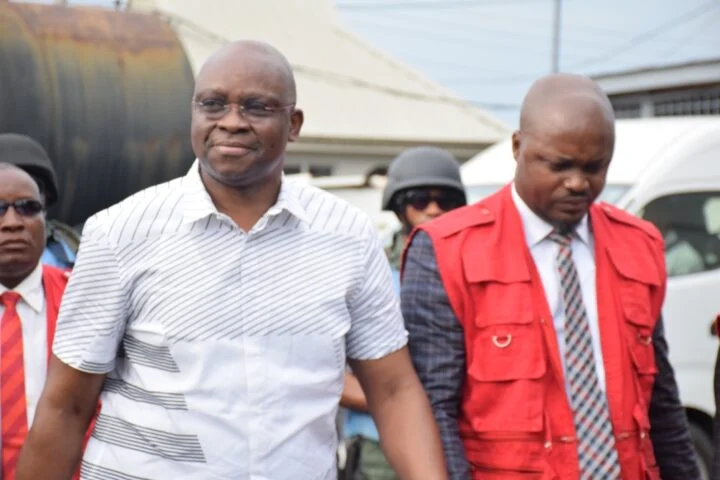The chairman of Heirs Holdings and the United Bank of Africa (UBA), Tony Elumelu, claims that an excessive reliance on the government is the reason why the European Union’s (EU) investment in Africa is not being felt.
Elumelu discussed his conversations with EU Commissioner for International Partnerships Jutta Urpilainen on Thursday in a series of posts on X, formerly known as Twitter.
The businessman from Nigeria claimed that “a faulty intervention mechanism and too much reliance on governments” are the reasons why the union’s investment in Africa is not being felt.
“I have criticised outdated development models, and championed the need to economically empower our young,” he said.
“I also know we Africans must eliminate any sense of entitlement, our own development barriers, and in line with my philosophy of Africapitalism, work collaboratively, our governments, private sector, development partners, and international institutions, to create real change.
“Africa is a thriving continent, with 60% of its population under 35. This is an immense opportunity for growth, innovation, and sustainability; but first, we must define how we all contribute towards building the Africa we want to see.
“And the EU must regard Africa as an equal partner as we progress on this renewed journey.
“We feel the frustrations of the past, but the past cannot provide the way forward. We need to discuss what we do going forward by looking at the problems that have led to all of these and find solutions.
“My interest is creating new generations of entrepreneurs, who anchor communities, do well, and crucially do good, are responsible.
“Let’s also ask the EU, why if the EU is investing significantly in Africa, is it not being felt? We can’t keep doing the same thing over and over and expecting a different outcome.
“Our people don’t feel the full extent of the EU’s commitment, because of a faulty intervention mechanism.
“There is too much reliance on governments. Is the government the best channel to distribute these resources? I think not. Frankly, too many hands intervene.
“The devastating impact of climate change and the acute unemployment ravaging our young, call for solutions that prioritise our young Africans.
“And we must not just speak to our young, but listen to them. Channel their creative energies, their drive, their entrepreneurship. I see successes every day – I need to see many more. Collaboration is key.’
Speaking further, Elumelu, also the founder of the Tony Elumelu Foundation, said intervention models that prioritise the youths, ensure delivery to the last mile, and guarantee the intended beneficiaries are the true recipients, should be replicated and scaled.
He also said collaboration with the private sector provides a more effective means of creating economic empowerment and employment.
“Working with local partners with the expertise, track record, knowhow, networks, and insight to ensure that scarce resources are channelled directly to the vulnerable communities in need,” he said.
“Let’s get the money to those who can best deploy it. Let’s measure impact, the impact of young entrepreneurs, SMEs, women, green entrepreneurs.”
The entrepreneur also said a more targeted approach would create economic prosperity,jobs, help SMEs, and bring more women into economic activity.

 BIG STORY3 days ago
BIG STORY3 days ago
 BIG STORY2 days ago
BIG STORY2 days ago
 BIG STORY3 days ago
BIG STORY3 days ago
 BIG STORY4 days ago
BIG STORY4 days ago
 BIG STORY3 days ago
BIG STORY3 days ago
 BIG STORY2 days ago
BIG STORY2 days ago
 BIG STORY2 days ago
BIG STORY2 days ago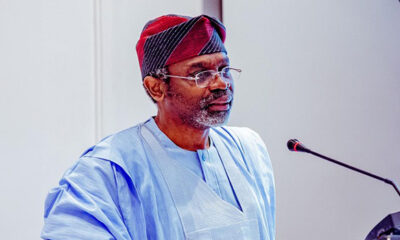
 BIG STORY4 days ago
BIG STORY4 days ago




